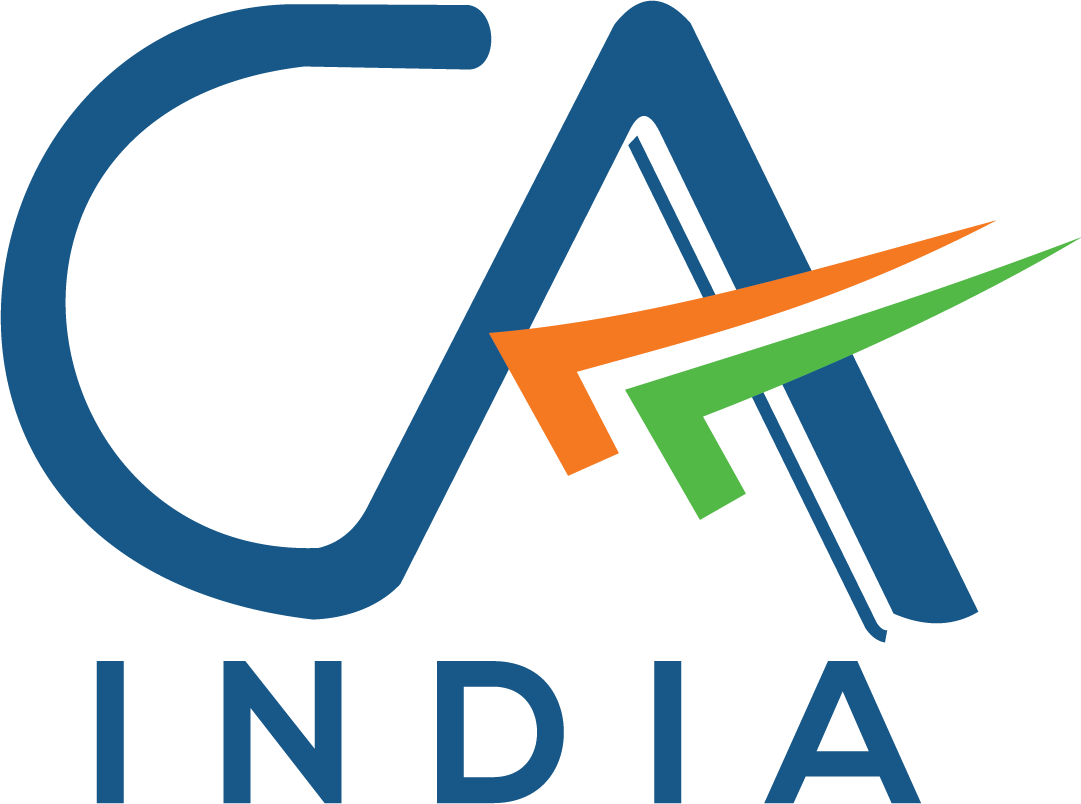Internal Audit
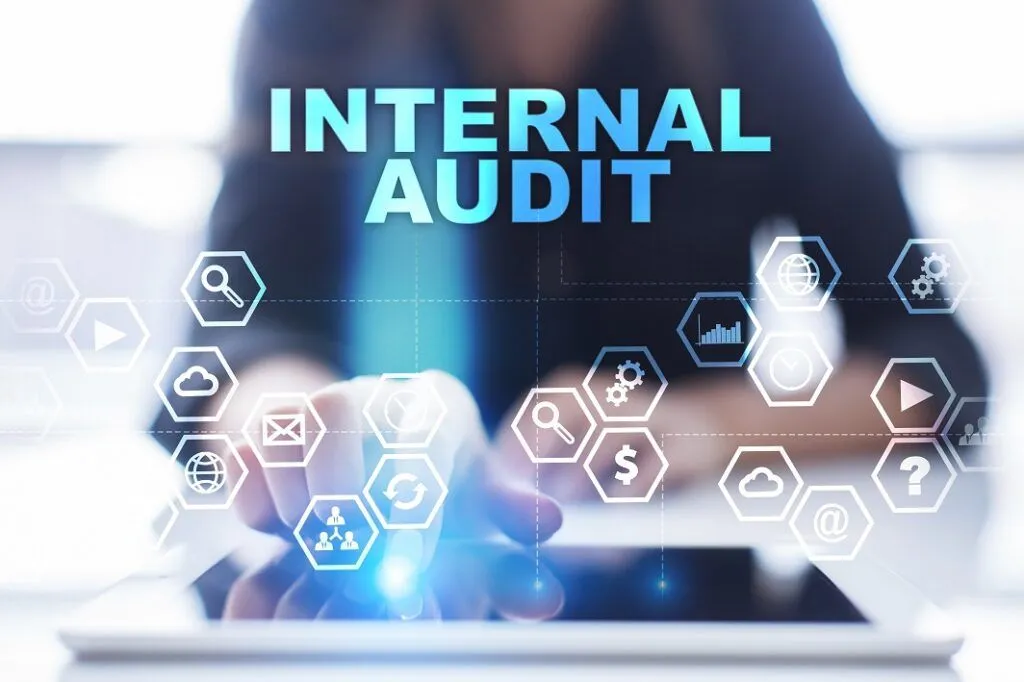
About
Internal Audit
Internal audit is an independent, objective assurance and consulting activity designed to add value and improve an organization’s operations. We, at Singh Suri & Company, Chartered Accountants, helps an organization accomplish its objectives by bringing a systematic, disciplined approach to evaluate and improve the effectiveness of risk management, control, and governance processes. We assess various aspects of an organization, including its operations, financial systems, compliance with laws and regulations, and adherence to internal policies and procedures. We provide insights and recommendations to management for enhancing processes, reducing risks, and ensuring compliance with applicable standards and regulations.
Internal audits are crucial for every business due to several compelling reasons:
1. Risk Mitigation: We help identify and assess risks within the organization. By evaluating processes, controls, and compliance, they enable businesses to proactively manage risks and prevent potential issues.
2. Compliance and Legal Requirements: Many industries have specific regulations and legal requirements. We ensure that the company adheres to these rules, avoiding penalties, legal disputes, and reputational damage.
3. Financial Accuracy: With Internal audits, we verify the accuracy of financial records, ensuring transparency and reliability. Detecting errors or fraud early prevents financial losses.
4. Operational Efficiency: We reveal inefficiencies, bottlenecks, and areas for improvement. Streamlining processes enhances productivity and reduces costs.
5. Fraud Prevention: with Internal audits we are able detect fraudulent activities, unauthorized transactions, or misuse of resources. Timely intervention safeguards the company’s assets.
6. Governance and Accountability: Internal Audits help us to assess the effectiveness of governance structures, internal controls, and accountability mechanisms. This promotes ethical behavior and responsible decision-making.
7. Continuous Improvement: By providing feedback and recommendations, internal audits drive continuous improvement across departments and functions

Regulatory requirement of Internal Audit?
In India, the regulatory requirements for internal audit vary depending on the type of organization, its industry, and its regulatory environment. Here are some key regulatory requirements and guidelines related to internal audit in India:
1. Companies Act, 2013: The Companies Act, 2013 is the primary legislation governing corporate governance and regulation of companies in India. Section 138 of the Companies Act mandates that certain classes of companies are required to appoint an internal auditor to conduct internal audit functions. These include:
- Listed companies
- Unlisted public companies having paid-up share capital exceeding prescribed thresholds
- Private companies having a turnover exceeding prescribed thresholds
2. Securities and Exchange Board of India (SEBI) Regulations: SEBI regulates the securities markets in India and imposes certain requirements related to internal audit on listed companies. SEBI Listing Regulations require listed entities to establish effective internal financial controls and to disclose details of internal audit functions in their annual reports.
- Institute of Chartered Accountants of India (ICAI): ICAI issues guidance and standards for internal audit practices in India. The ICAI’s Standards on Internal Audit (SIA) provide guidance on the principles and practices of internal auditing, including independence, objectivity, competence, and confidentiality.
- Reserve Bank of India (RBI) Guidelines: RBI regulates banks, non-banking financial companies (NBFCs), and other financial institutions in India. RBI’s guidelines and circulars may prescribe specific requirements related to internal audit for regulated entities, including banks and NBFCs.
- Insurance Regulatory and Development Authority of India (IRDAI): IRDAI regulates the insurance industry in India and may issue guidelines or circulars related to internal audit practices for insurance companies and intermediaries.
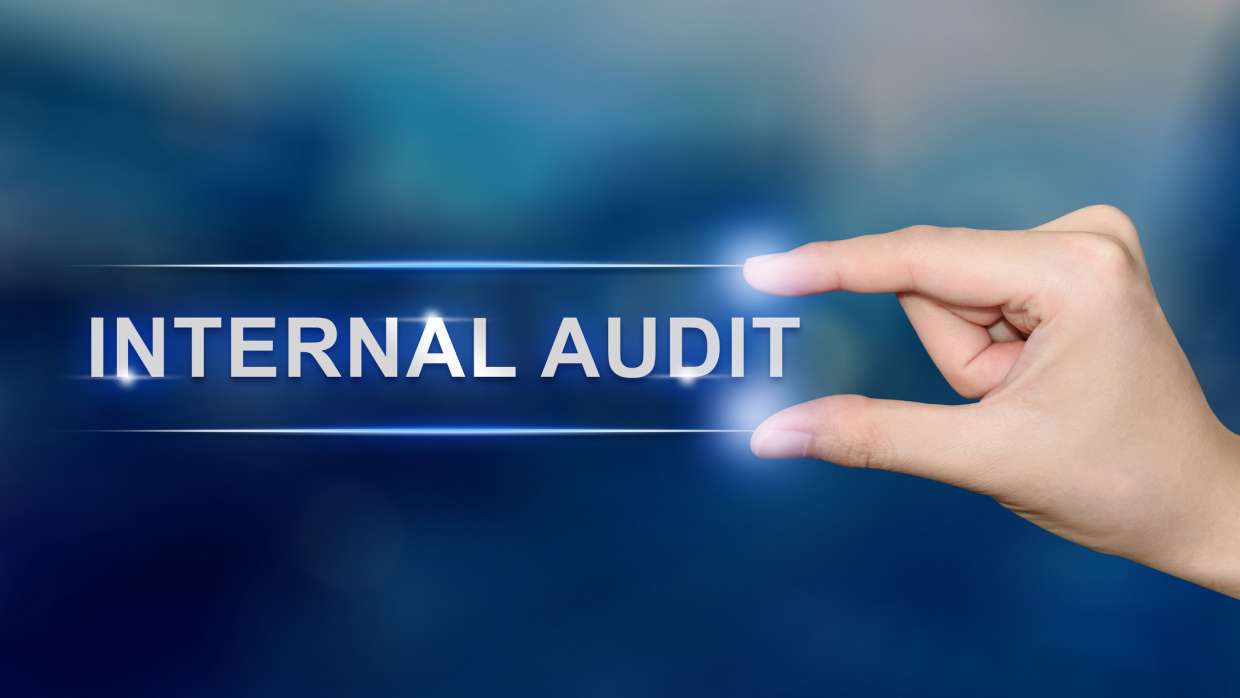

- Goods and Services Tax (GST) Regulations: The GST regime in India may require businesses to conduct internal audits to ensure compliance with GST laws and regulations. Tax authorities may prescribe audit requirements and procedures for GST compliance audits.
- Other Industry-Specific Regulations: Certain industries in India, such as pharmaceuticals, telecommunications, and energy, may be subject to sector-specific regulations that impose internal audit requirements. These regulations may be issued by sectoral regulators or government ministries.
Overall, regulatory requirements for internal audit in India aim to promote transparency, accountability, and effective risk management in organizations. Compliance with these requirements is essential for organizations to meet legal obligations, mitigate risks, and maintain stakeholder trust.
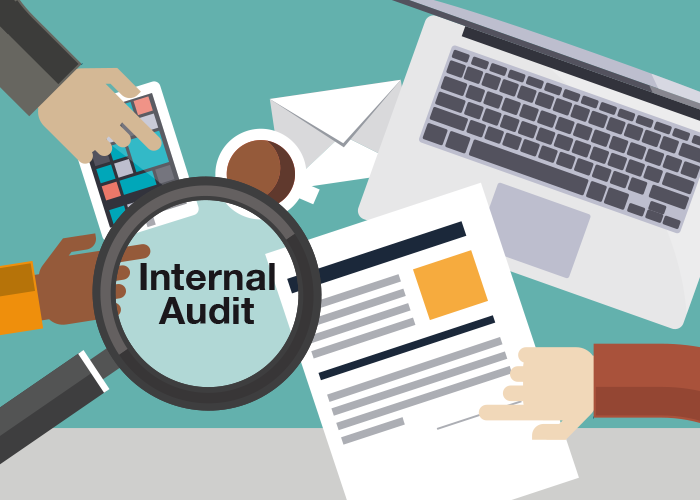
Services offered by Internal auditor?
Internal auditors offer a range of services aimed at assessing and improving an organization’s operations, risk management practices, and internal controls. Some of the key services offered by internal auditors include:
1. Risk Assessment: Internal auditors conduct risk assessments to identify and evaluate potential risks that could affect the organization’s ability to achieve its objectives. They assess risks related to financial reporting, compliance, operations, technology, and strategic initiatives.
2. Internal Control Evaluation: Internal auditors evaluate the design and effectiveness of internal controls established by the organization to mitigate risks and achieve its objectives. They assess controls over financial reporting, operational processes, information technology systems, and compliance with laws and regulations.
3. Compliance Audits: Internal auditors verify compliance with applicable laws, regulations, and internal policies and procedures. They assess the organization’s adherence to legal requirements, industry standards, contractual obligations, and ethical guidelines.
4. Operational Audits: Internal auditors review the efficiency and effectiveness of operational processes and procedures. They assess the performance of key business functions, identify areas for improvement, and recommend enhancements to optimize productivity, reduce costs, and enhance customer satisfaction.
5. Financial Audits: Internal auditors examine financial records, transactions, and reporting practices to ensure accuracy, completeness, and compliance with accounting standards and regulations. They verify the reliability of financial information, assess financial risks, and provide assurance to stakeholders.
6. Fraud Detection and Investigation: Internal auditors help detect and prevent fraud by assessing the organization’s fraud risks, analyzing transactions for anomalies, and investigating suspected fraudulent activities. They identify weaknesses in controls that could be exploited by fraudsters and recommend measures to strengthen fraud prevention efforts.
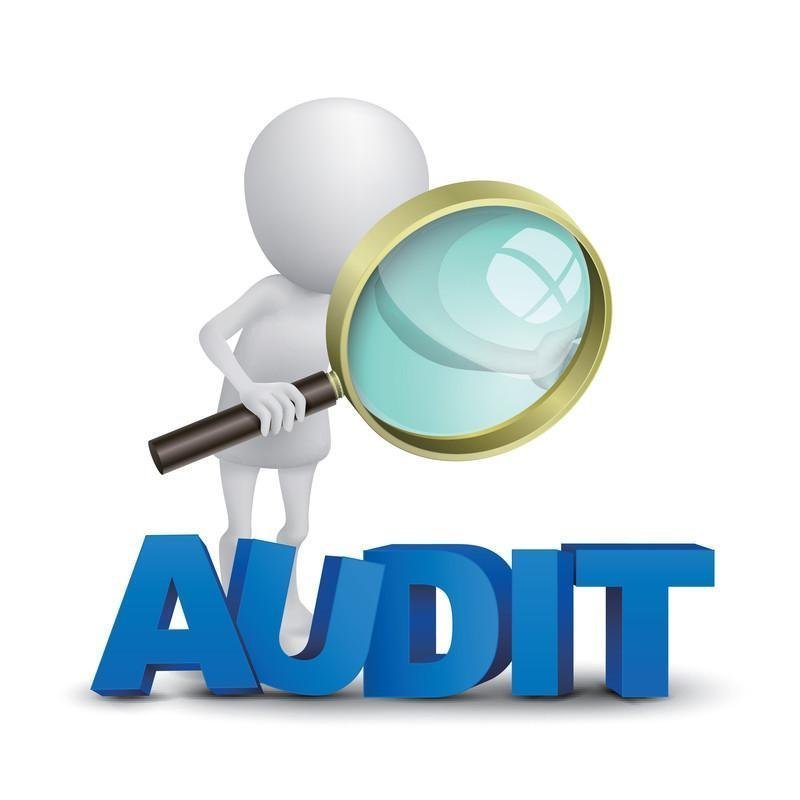
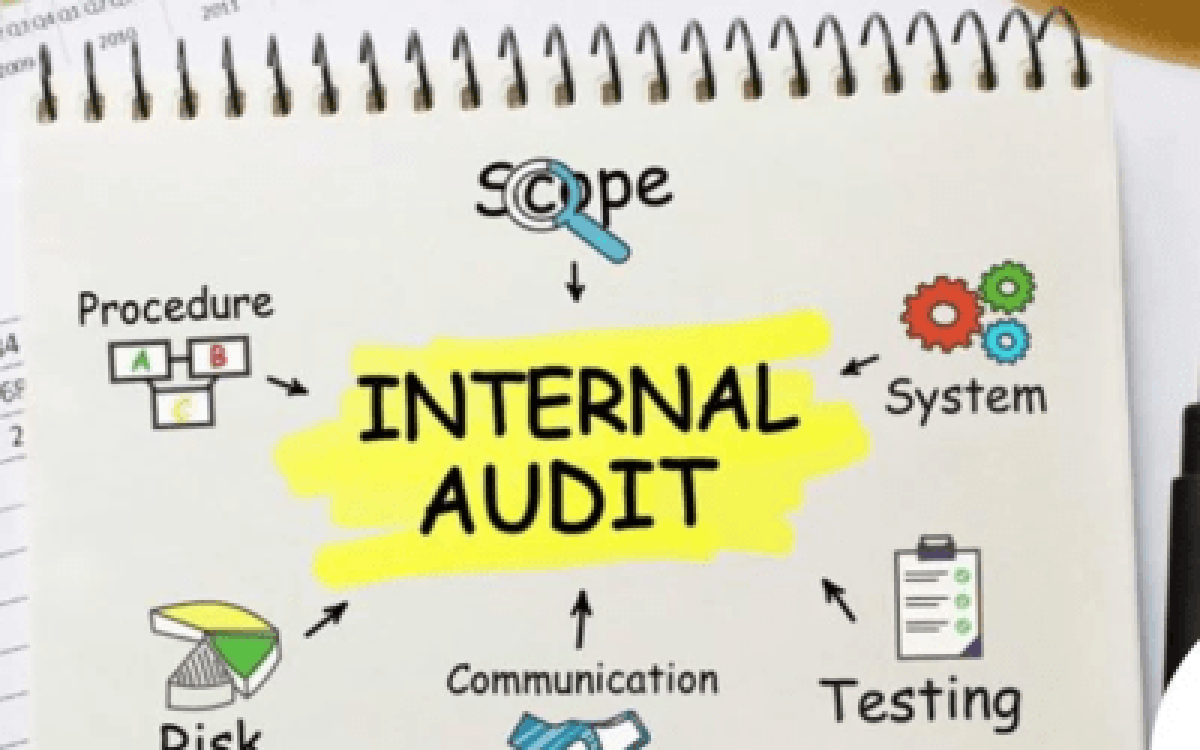
7. Governance Audits: Internal auditors evaluate the organization’s governance structure, including the roles and responsibilities of the board of directors, management, and internal control functions. They assess governance processes, decision-making frameworks, and oversight mechanisms to ensure accountability, transparency, and ethical behavior.
8. IT Audits: Internal auditors assess the organization’s information technology systems, controls, and security measures. They evaluate IT governance, data integrity, cyber security, and compliance with regulatory requirements such as GDPR or HIPAA.
9. Consulting Services: Internal auditors provide advisory and consulting services to management on various matters, including risk management, process improvement, organizational change, mergers and acquisitions, and strategic planning. They offer insights, recommendations, and best practices to help the organization achieve its objectives and address emerging challenges.
Overall, internal auditors play a critical role in enhancing governance, risk management, and internal control processes within organizations by offering a wide range of audit and advisory services tailored to the organization’s needs and objectives.
Role of CA in Internal Audit?
Chartered Accountants (CAs) play a crucial role in internal audit processes due to their specialized knowledge in accounting, finance, and audit practices. Here are some key roles CAs fulfill in internal audit:
1. Financial Expertise: CAs bring a deep understanding of financial reporting standards, accounting principles, and audit procedures to internal audit engagements. They assess the accuracy and reliability of financial information, ensuring compliance with applicable regulations and standards.
2. Risk Assessment and Management: CAs are skilled in identifying, evaluating, and managing financial and operational risks. They assist in conducting risk assessments to prioritize audit activities, develop risk-based audit plans, and recommend strategies to mitigate risks.
3. Internal Control Evaluation: CAs evaluate the design and effectiveness of internal controls to prevent and detect errors, fraud, and non-compliance. They assess controls over financial reporting, operational processes, and information technology systems, identifying weaknesses and recommending improvements.
4. Compliance Assurance: CAs verify compliance with laws, regulations, and internal policies during internal audits. They ensure that the organization adheres to relevant legal and regulatory requirements, minimizing the risk of penalties and sanctions.
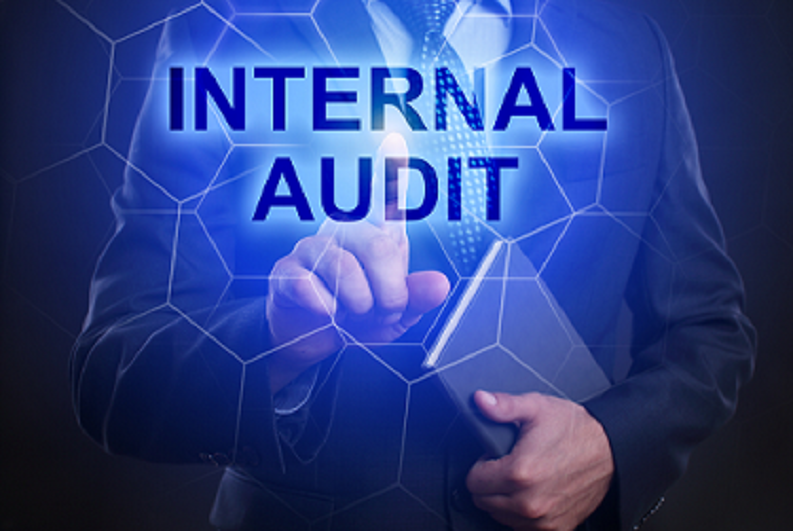

5. Fraud Detection and Investigation: CAs are skilled in detecting and investigating financial irregularities and fraud. They analyze financial transactions, review documentation, and conduct interviews to uncover potential fraud schemes during internal audits.
6. Process Improvement: CAs identify opportunities for process improvements during internal audits. They recommend changes to financial and operational processes to enhance efficiency, reduce costs, and strengthen internal controls.
7. Reporting and Communication: CAs prepare clear and concise audit reports for management and stakeholders. They communicate audit findings, recommendations, and action plans effectively, facilitating informed decision-making and corrective actions.
Why US?
- Expertise in Financial Reporting: We are trained in financial accounting and reporting standards. We can assess the accuracy and completeness of financial statements, ensuring compliance with relevant regulations and standards during internal audits.
- Risk Assessment and Management: We have expertise in identifying and assessing financial and operational risks. We can help to understand the organization’s risk profile, prioritize areas for audit focus, and develop risk-based audit plans.
- Internal Controls Evaluation: We possess knowledge of internal control frameworks and methodologies. We can evaluate the design and effectiveness of internal controls to prevent and detect errors, fraud, and non-compliance.

- Process Improvement Recommendations: We can identify opportunities for process improvements during internal audits. We can recommend changes to financial and operational processes to enhance efficiency, reduce costs, and strengthen internal controls.
- Compliance Assurance: We can verify compliance with laws, regulations, and internal policies during internal audits. We ensure that the organization adheres to relevant legal and regulatory requirements, minimizing the risk of penalties and sanctions.
- Fraud Detection and Investigation: We are skilled in detecting and investigating financial irregularities and fraud. We can analyze financial transactions, review documentation, and conduct interviews to uncover potential fraud schemes during internal audits.
- Management Reporting and Communication: We can prepare clear and concise audit reports for management and stakeholders. We communicate audit findings, recommendations, and action plans effectively, facilitating informed decision-making and corrective actions.
- Technology and Data Analytics: We are increasingly leveraging technology and data analytics tools in internal audits. We can use data analytics techniques to analyze large volumes of data, detect anomalies, and identify trends, enhancing the effectiveness and efficiency of audit procedures.
In summary, We at Singh Suri & Company, Chartered Accountants, bring specialized skills, knowledge, and experience to internal audit processes. Our expertise in financial reporting, risk management, internal controls, compliance, fraud detection, and process improvement adds value to businesses by ensuring sound governance, risk management, and compliance practices.
